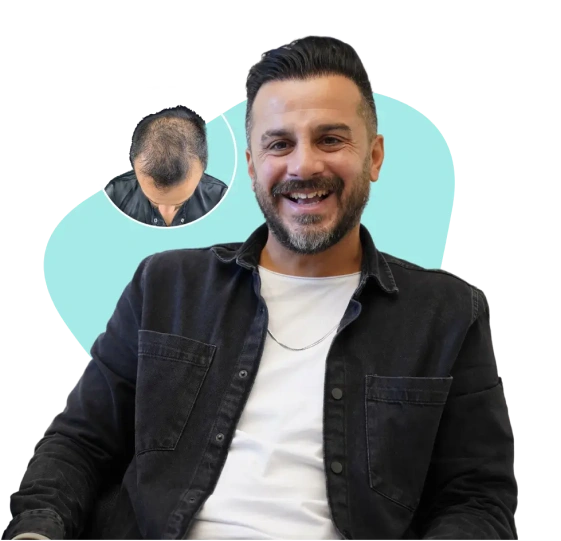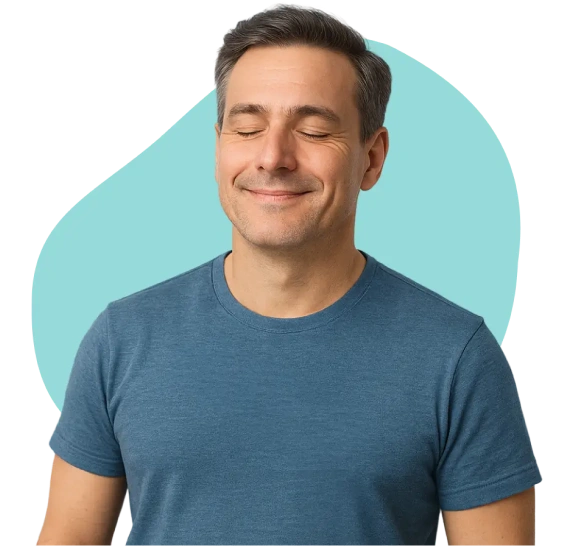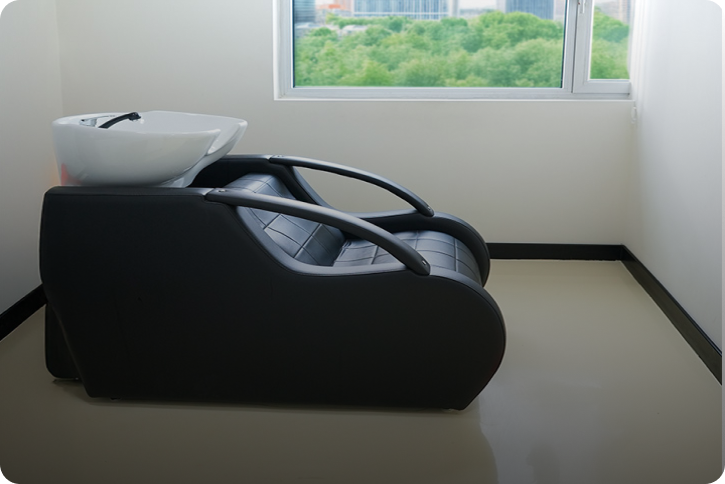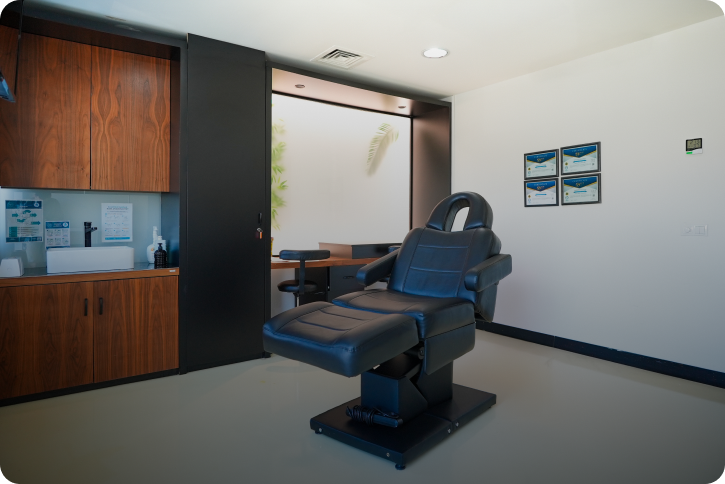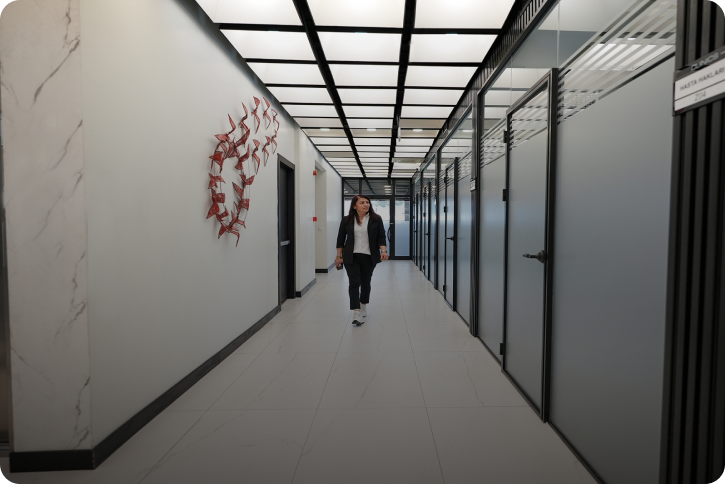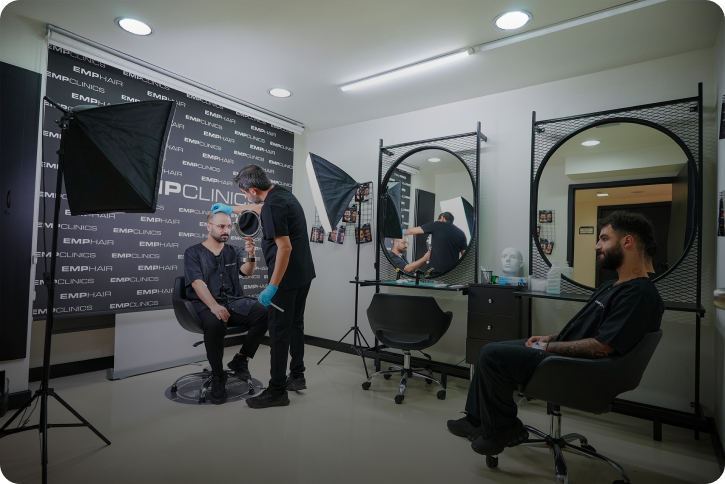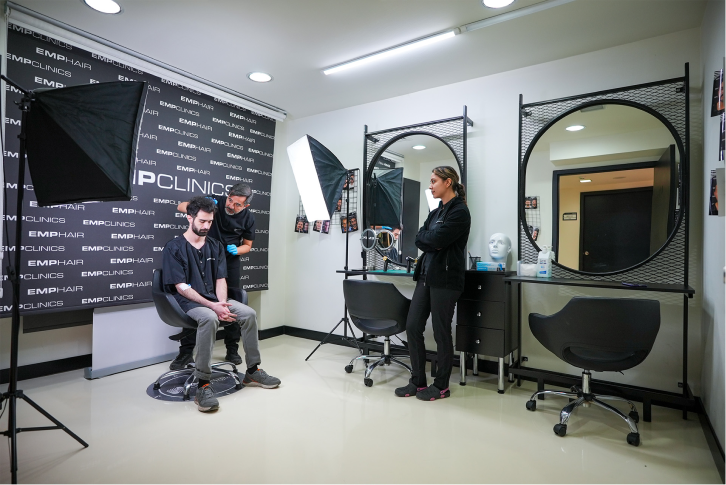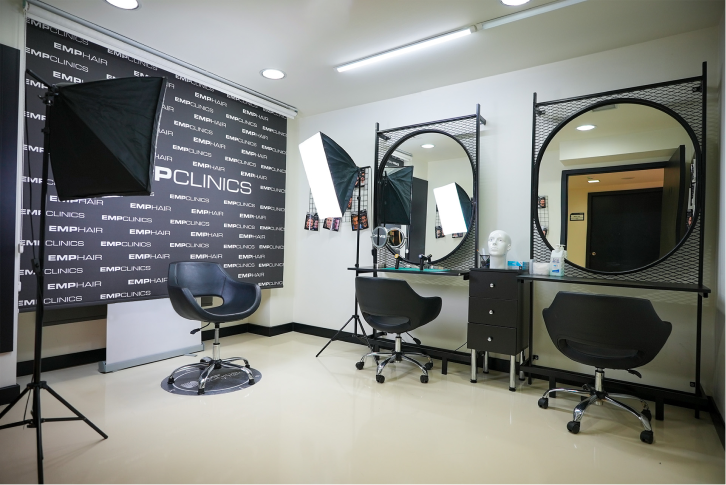Dear EMP family, When we first contacted you, we were able to get regular answers to all our questions, no matter what the subject was. Everyone talks in this sector, but speaking knowledgeably and being honest are also very important and everything that was important to us was here. My wife and I said yes, this clinic will not let us down and thanks to you, we performed my wife's hair transplant. We would like to thank everyone, especially Ms. Saadet who took care of us one-on-one and the doctors who performed the surgery, Ms. Berfin from the washing department. You can contact Ms. Melis for skin care, she is a skin care specialist and we were very pleased. Thank you again for your interest, emp family, see you in the summer ✨💐
 +17
+17
Years of Experience
 +15
+15
Certificates and Awards
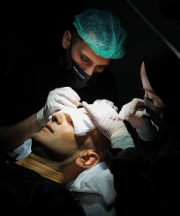 +20000
+20000
Successful Operations
 +98%
+98%
Success Rate








Before & After Transformations!
Discover natural and lasting results achieved through hair transplantation. Take a look at impressive photos showing how hair loss can be reversed with real-life examples!
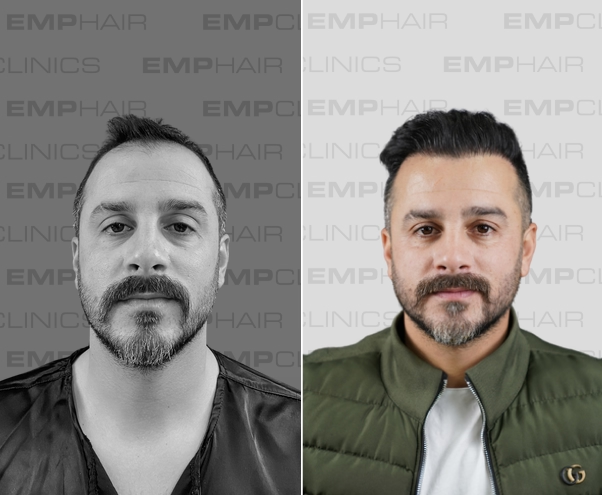
Ahmet Özlü
12 Months Result
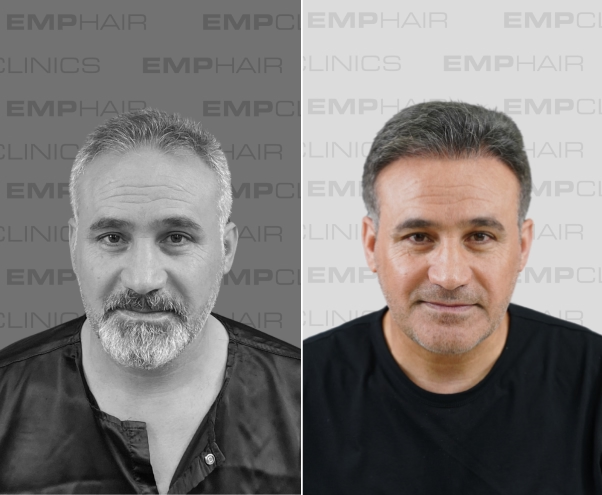
Cafer Ertan
9 Months Result
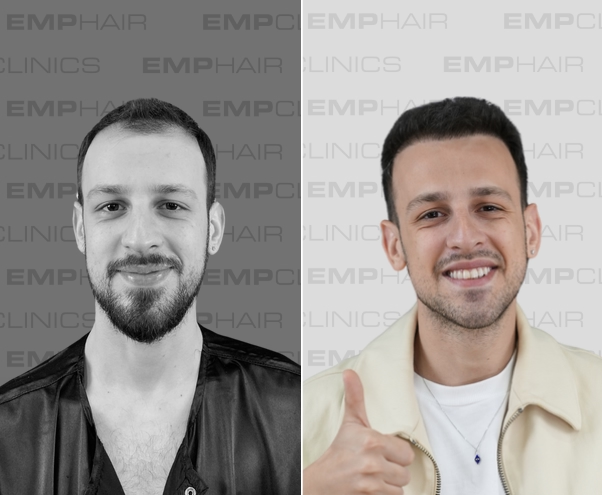
Ege Tanman
12 Months Result
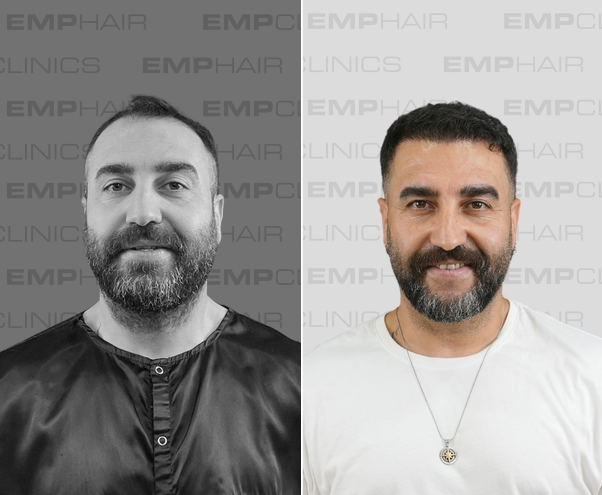
Ersin Erdoğan
6 Months Result
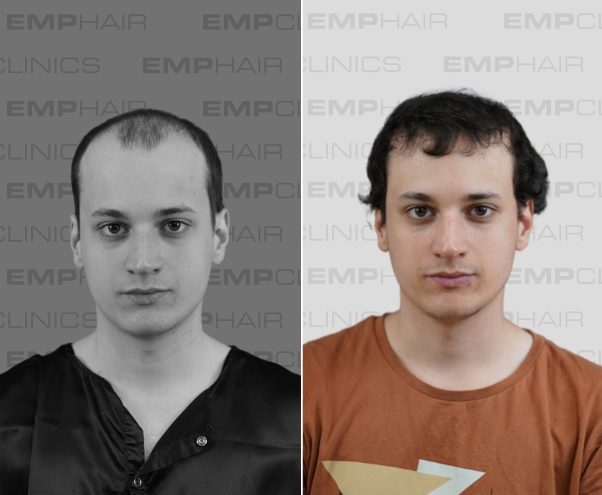
Mert Kaya
9 Months Result
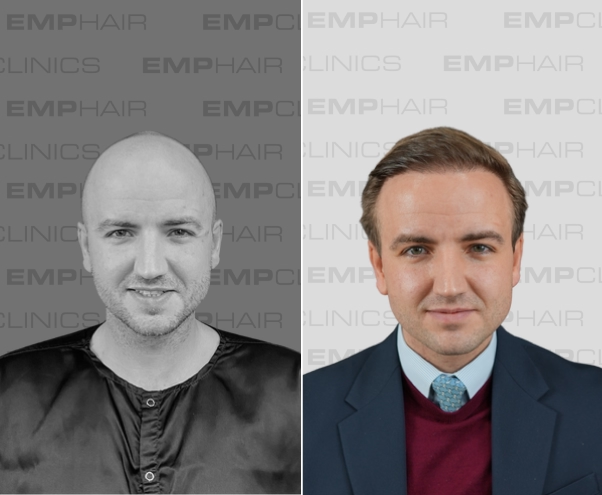
Frank G. Eckert
14 Months Result
Over
20000
Patient
Experiences
Your Journey with EMPHAIR
Step into Change with Hair Transplantation! From online consultation to operation, from comfortable accommodation to recovery support, we are there for you at every stage!
Online Consultation
Your hair transplant journey begins with an online consultation with our experts. Your hair structure is analyzed, the best hair treatment method is determined and a personalized plan is created for you. Take the first step now to achieve the full and healthy hair you’ve always wanted!
Flight, Transfer Accommodation
Just imagine your new look - we handle the rest! From the moment you arrive in Turkey, we provide VIP transfer services and arrange your comfortable hotel stay.
We ensure a stress-free and smooth experience throughout your journey.
Hair Transplant Procedure
It’s time for transformation!
Our expert doctors use the latest hair transplant techniques to provide you with the most natural and lasting result. The procedure takes place in a comfortable and sterile enviroment, bringing yo one step closer to hair of your dreams
Post-Treatment Support
A hair transpalnt is not just about the procedure - we are with you every step of the way! During your recovery process, we offerpersonalized care recommendation to support healthy hair growth. Our team ensures you achieve strong, healthy and natural-looking hair at every stage of your journey.
Our Clinics
We perform your hair transplant operation in a modern, comfortable and sterile enviroment. With our advanced technology and expert team, we welcome you to our hair transplantation centre where you will feel safe!
Patients Stories
Our patients, whose lives we have changed with hair, beard and eyebrow transplantation, have regained not only their appearance but also their self-confidence. With the success we achieve with our expert team and innovative methods, more and more people happily reborn every day. Be a part of this transformation and make a brand new start.
Frequently Asked Questions
Contact Us Today
EMPCLINICS with high satisfaction. The Technological Innovation of hair transplant procedures ensures the best results and patient care.
Request a free online consultation
Please complete this short form for a free online consultation.
-
[email protected]
-
Küçükbakkalköy, Ahmet Yesevi St. No: 8, 34750 Ataşehir/İstanbul




